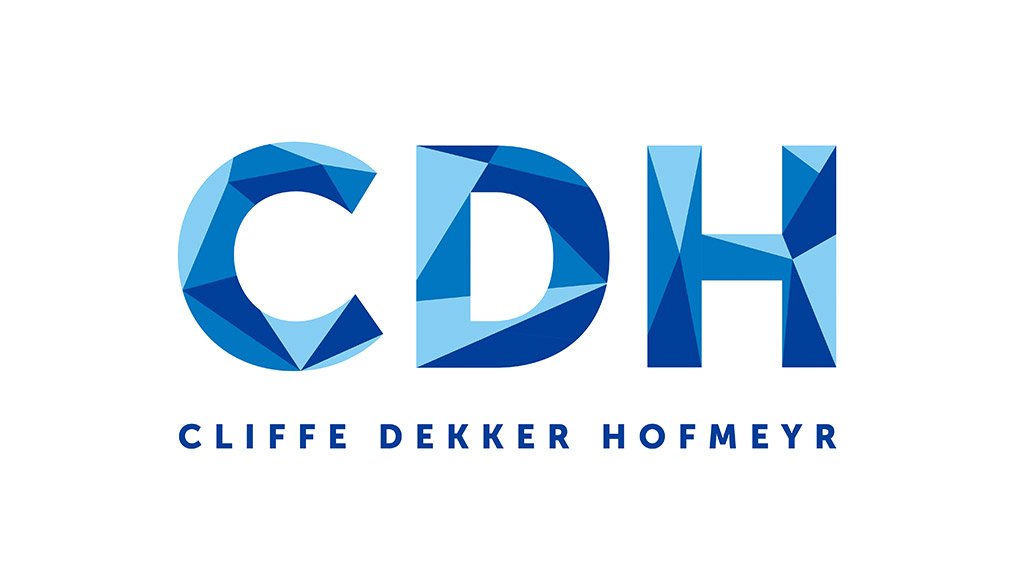Directors and individuals with management authority who, from 1 May 2016, cause a firm to engage in or knowingly acquiesce in collusion, expose themselves to personal, criminal liability.
Much of the subsequent media frenzy around these ground breaking amendments, threaten fines up to R500,000 and/or imprisonment up to 10 years. Although this was the clear intention when the Amendment Act was first published in 2009, it appears that the actual sanctions require some clarification.
This is because the April 2016 Proclamation only brought into effect certain sections of the 2009 Amendment Act. It did not bring into force the proposed amendment to our existing Competition Act, which would have included this new collusion offence as one which attracts fines up to R500,000 and/or imprisonment up to 10 years (s74). The result is that, for the time being, the new collusion offence falls into the category in our existing Act which provides for fines up to R2,000 and/or imprisonment up to six months.
The original proposed amendments received strong criticism. If intentional, this s74 omission could be an attempt to retain personal, criminal liability as a deterrence to collusion, albeit with ‘softer’ sanctions than originally envisaged. While a R2,000 fine may be a mere slap on the wrist for a wealthy executive, facing a possible criminal record, disqualification as a director and significant reputational damage, topped with six months jail time, is scarier than a career limiting move. Arguably, Mr Patel has not softened the blow and what remains is a strong incentive not to collude.
Competition law training and audits undoubtedly need to be at the top of the compliance agenda for directors and all employees who act in management roles. Caution should not however come at the risk of stifling pro-competitive, innovative behaviour. For example, bona fide efficiency-enhancing joint ventures between competitors potentially contribute to the economy’s growth and development. Seeking expert competition law advice can assist in balancing the obvious need for strict compliance (in avoidance of jail time), against the desire for lawful collaboration with competitors in a transactional or business environment.
The controversial reverse onus provision (s73A(5)) was also not promulgated. In terms of this proposed amendment, a settlement agreement approved by the Tribunal containing an admission of liability, or a finding by the competition authorities, that the firm had engaged in collusion, could constitute prima facie proof of the contravention. This omission of a provision which undermined the rights to a fair trial and to be presumed innocent until proven guilty, was assumedly intentionally aimed at averting constitutional challenges.
However, it remains that the National Prosecuting Authority (NPA), as opposed to the specialist competition authorities, will be responsible for prosecuting these new criminal offences. The competition authorities have had many successes in routing out anti-competitive behaviour with the use of their leniency programme. Going forward disclosures to the competition authorities, whether during leniency or in general dealings, are likely going to become much more circumspect. This is because of the risk of evidence of self-incrimination, which could be used by the NPA.
While white-collar crime deserves its day in court, given South Africa’s uphill battles against the most heinous of crimes and our overcrowded jails, one wonders whether this is currently the wisest use of the NPA’s limited resources.
Written by Susan Meyer, Director in Cliffe Dekker Hofmeyr's Competition Practice
EMAIL THIS ARTICLE SAVE THIS ARTICLE
To subscribe email subscriptions@creamermedia.co.za or click here
To advertise email advertising@creamermedia.co.za or click here











